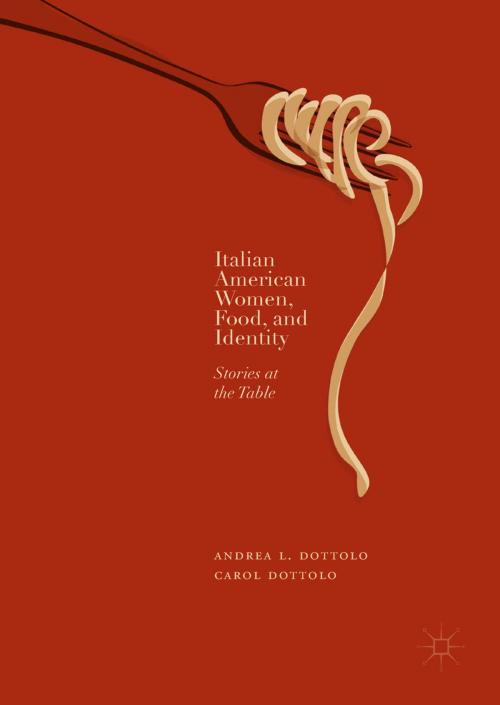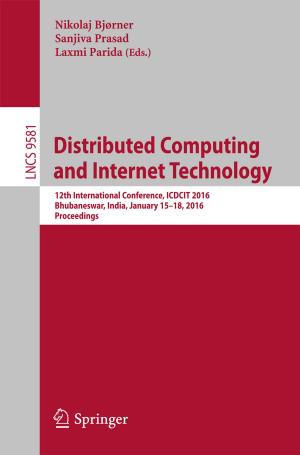Italian American Women, Food, and Identity
Stories at the Table
Nonfiction, Health & Well Being, Psychology, Personality, Social & Cultural Studies, Social Science, Sociology| Author: | Andrea L. Dottolo, Carol Dottolo | ISBN: | 9783319747576 |
| Publisher: | Springer International Publishing | Publication: | March 2, 2018 |
| Imprint: | Palgrave Macmillan | Language: | English |
| Author: | Andrea L. Dottolo, Carol Dottolo |
| ISBN: | 9783319747576 |
| Publisher: | Springer International Publishing |
| Publication: | March 2, 2018 |
| Imprint: | Palgrave Macmillan |
| Language: | English |
This book is about Italian American women, food, identity, and our stories at the table. This mother-daughter research team explores how Italian American working-class women from Syracuse, New York use food as a symbol and vehicle which carries multiple meanings. In these narratives, food represents home, loss, and longing. Food also stands in for race, class, gender, sexuality, immigration, region, place, and space. The authors highlight how food is about family and tradition, as well as choice and change. These women's narratives reveal that food is related to celebration, love, power, and shame. As this study centers on the intergenerational transmission of culture, the authors' relationship mirrors these questions as they contend with their similar and disparate experiences and relationships with Italian American identity and food. The authors use the "recipe" as a conversational bridge to elicit narratives about identity and the self. They also encourage readers to listen closely to the stories at their own tables to consider how recipes and food are a way for us to claim who we are, who we think we are, who we want to be, and who we are not.
This book is about Italian American women, food, identity, and our stories at the table. This mother-daughter research team explores how Italian American working-class women from Syracuse, New York use food as a symbol and vehicle which carries multiple meanings. In these narratives, food represents home, loss, and longing. Food also stands in for race, class, gender, sexuality, immigration, region, place, and space. The authors highlight how food is about family and tradition, as well as choice and change. These women's narratives reveal that food is related to celebration, love, power, and shame. As this study centers on the intergenerational transmission of culture, the authors' relationship mirrors these questions as they contend with their similar and disparate experiences and relationships with Italian American identity and food. The authors use the "recipe" as a conversational bridge to elicit narratives about identity and the self. They also encourage readers to listen closely to the stories at their own tables to consider how recipes and food are a way for us to claim who we are, who we think we are, who we want to be, and who we are not.















